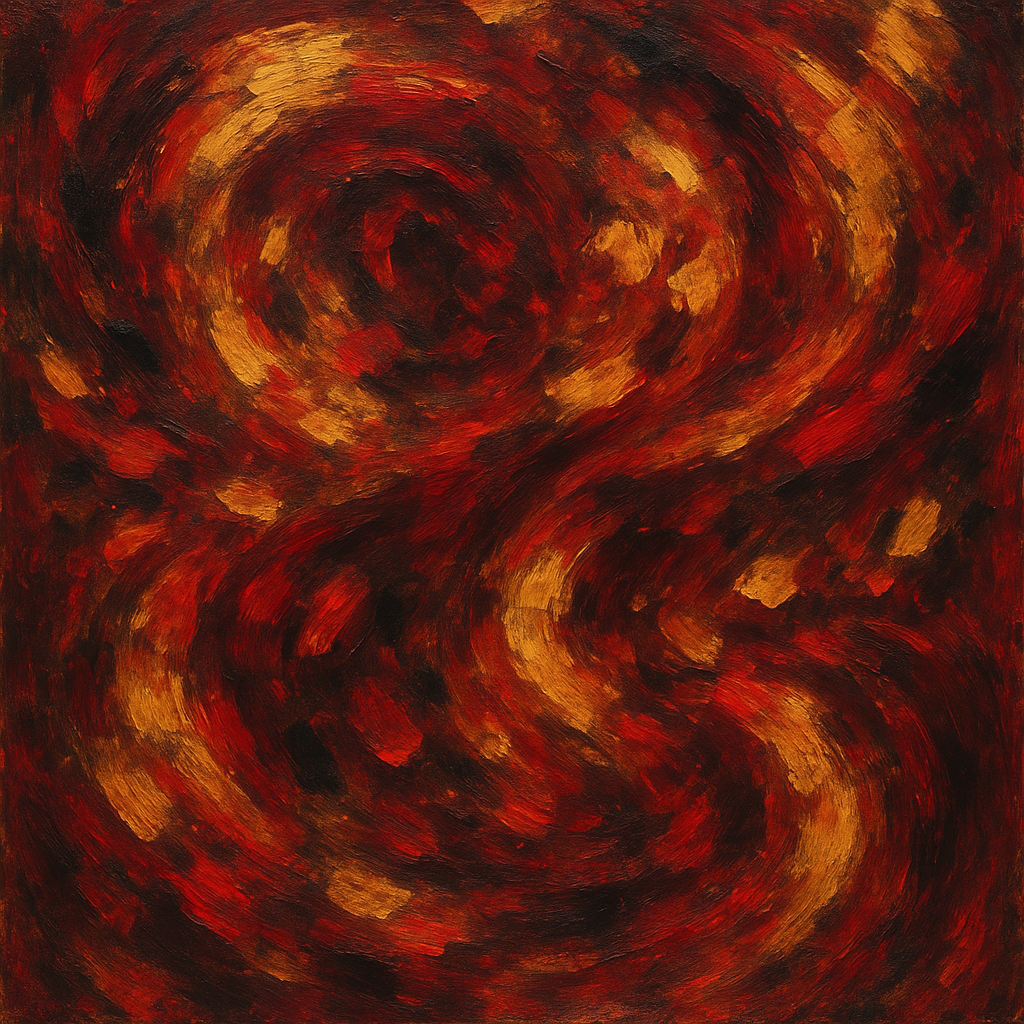falling in love is overrated
We treat being swept off our feet as proof that we've found "the one." Somewhere along the way, that became the gold standard for love.
And if you've felt it, you know: it's powerful. It's like having a spell cast on you, where all you want is to be near that special someone.
But that rush can be dangerous. It clouds our judgment, pulling us into deep connection before we truly know who we’re with.
It's also not the gold standard or signal for a successful long-term relationship.
Falling in love is a binding process— that feeling is an emotional adhesive that draws people close and makes it painful to pull apart. Perhaps it's even evolutionary, meant to keep people together for long enough to have a child.
Why is falling in love so powerful? Because it’s meant to be. It’s a kind of emotional adhesive—evolutionary glue that bonds people long enough to create a life together.
That adhesive moment is important. It's useful— when it's with the right person.
Part of the challenge of falling in love is that it's usually out of our control. The English language captures that idea in the word "falling"— when you fall, you're not in control. So it's not something you can manufacture nor something that you can easily escape. You're often at the whims of your chemical processes.
Scott Peck delves deeply into falling in love in his book The Road Less Traveled. He explains that it is an important step in the process of building a relationship, but that it is a phase, not a permanent status.
So that special feeling? It's not everything. And it's also not nothing.
But the way our culture treats it? Like the ideal form of love? Not quite.
Falling in love is overrated.
We can still cherish that falling feeling—but with clear eyes. When we stop worshiping it as the pinnacle of love, we free ourselves to build something deeper.
